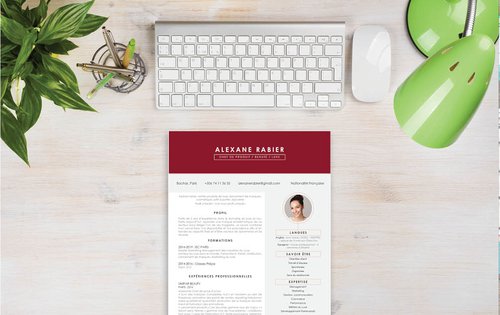9 Things You Absolutely Need to Know Before You Job Search
Landing your next job isn’t going to be easy. But if you learn what human resource professionals are really looking for, you can beat the odds. Human resource professionals have a set of rules, written and unwritten, and the better you learn these rules, the better you can compete and land your next role.
There’s a gap between a job seeker’s perception of the recruiting process and what human resource professionals look for. These gaps are clearly highlighted in the “Active Job Seeker Dilemma” survey, which polled 4,347 job seekers as well as 129 HR professionals. The survey was conducted by Future Workplace, a research firm and Beyond, The Career Network, a job portal for job seekers and employers.
[See: 21 Things Hiring Managers Wish You Knew.]
Before you start polishing your resume, these are the things you need to know about how employers think and what they are looking for.
Find someone to refer you. You are missing out on job opportunities by not identifying someone inside the company to refer you for a job. While job boards are the primary source of hiring, 71 percent of HR professionals surveyed rated employee referrals as the best source for finding candidates, yet only 7 percent of job seekers surveyed viewed referrals as their top source for finding a job.
Invest in learning technical skills. Job seekers self-reported that their top weakness was technical, computer or specialized skills. If this is your weak spot too, do something about it, because a quarter of employers rank these as top skills they are looking for. Take an online course to develop the skills you lack or need. More than 40 percent of job seekers have never invested in online training, but it is one way to improve your confidence and candidacy.
Show internships, not GPA. If you are a recent graduate, you may agree with the job seekers in the survey who feel grades are the greatest indicator of your potential. But to employers, experience wins attention. So instead of focusing on your academic achievements, be sure to highlight your internships.
Get ready to take a test. At some point during the interview process, you’ll likely be asked to complete an exercise, assessment or test of some sort. It is just another way to evaluate you. The study found that 57 percent of employers administer some exercise or challenge to job candidates, so don’t let this surprise you.
Master the phone interview. Your first interview will be a phone interview. It was the top method listed for conducting first interviews. But sadly, job seekers don’t feel as comfortable with phone interviews as they do with in-person interviews.
[See: 7 Ways to Crush a Phone Interview.]
Expect to meet several people during your interviews. It is unlikely you’ll be hired based on one interview. Almost 60 percent of HR professionals said the interview process involves meeting two to three people, and some employers will have you meet with as many as five people during the interview process.
The interview process takes time. One to three weeks: That’s how long it is going to take you to go through the interview process and get an offer, according to more than half the surveyed HR professionals. And, in some companies, it could take five to nine weeks.
Highlight these top three skill sets. Communication, adaptability and results-driven are the top skills HR is looking for in candidates. Unfortunately, job seekers miss the mark. While job seekers did list communication skills as a top skill set, they missed the mark in the other top skills they reported, which were leadership and teamwork.
[See: The 10 Most Common Interview Questions.]
Here’s how to stand out. You’ve learned as much as you can about the company, but what else can you do to win over the employer? HR professionals say to bring a portfolio of your work. Yet only 19 percent of job seekers used this approach to stand out in their search.

